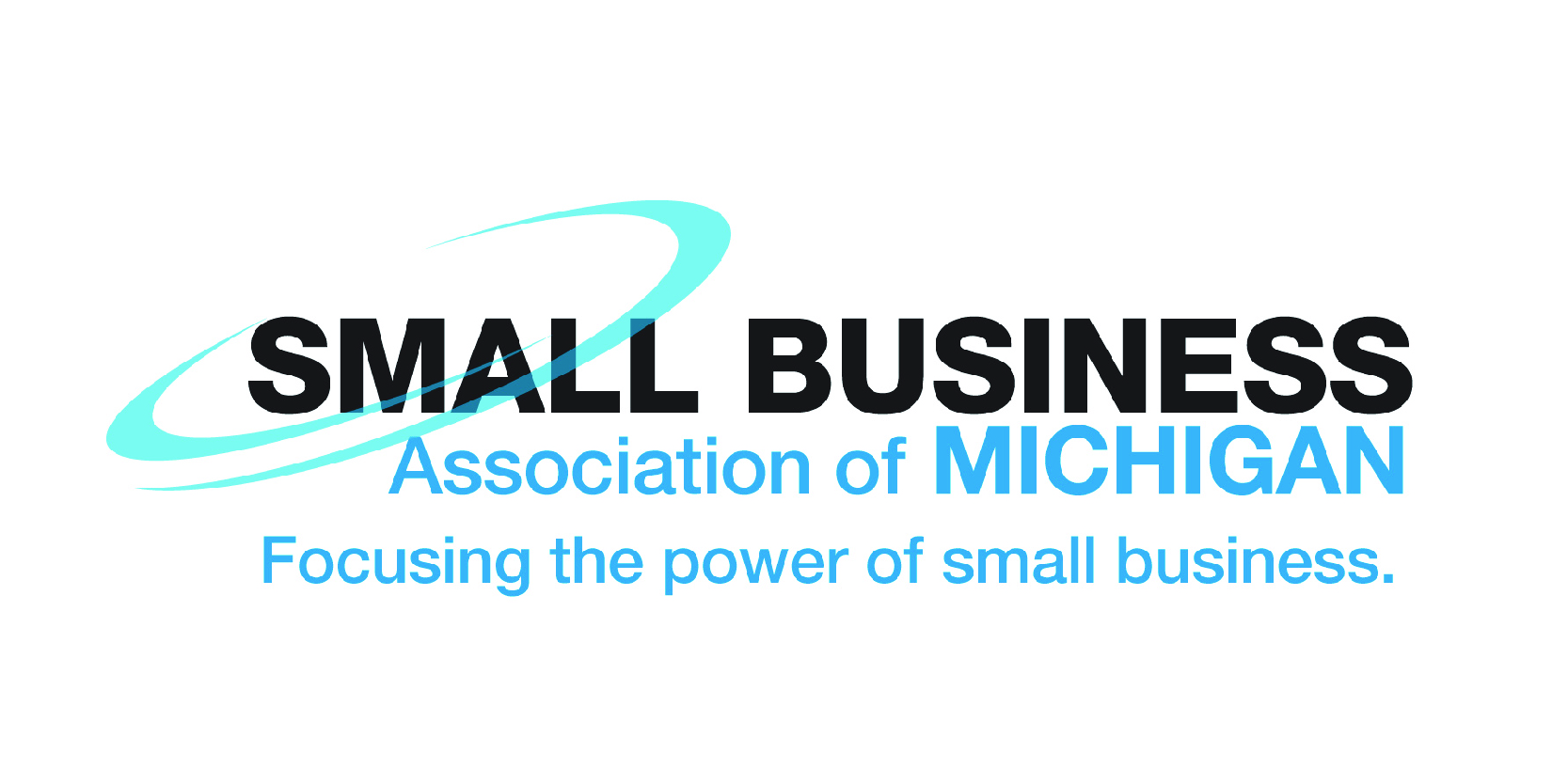The Growing Michigan Together Council voted 19-1 Thursday to approve the final draft of its report to the Legislature, with Rep. Pauline Wendzel (R-Coloma) the lone no vote.
Wendzel, who spoke about her vote during a 9 a.m. virtual meeting held to finalize the vote, said she believes Michigan's population decline is a “very serious and important problem,” adding that there have been good ideas to come out of these recommendations.
“But, unfortunately, I also disagree with a lot of things that have been recommended,” she said, “and I believe that many of them are already being done by our government in some capacity, or they're able to already do (so) without legislation.”
Wendzel said she voted no because the committee did not fulfill one of the directives put forth by Gov. Gretchen Whitmer when creating the Council - finding funding solutions and new revenue to implement policy suggestions.
The final draft as approved is similar to a draft copy obtained by MIRS in late November, with a focus on overhauling the state’s education system, attracting international immigrants to come to Michigan schools, and increasing statewide housing and public transportation options.
The Council set a goal that by 2050, Michigan will be a top-10 state for population growth, which followed an analysis of why Michigan’s population is declining, citing one reason as a decline in median income compared to a national scale - from 114% of the national average to 34th in median income among U.S. states.
It also highlighted how the state’s declining population diminishes political representation, as Michigan has gone from 19 U.S. House members in 1970 to 13 in 2020, which means “our priorities are less likely to be considered in federal budget and policy deliberations that directly affect our communities.”
SBAM’s President & CEO Brian Calley served on the Growing Michigan Together Council. He had many takeaways from the process and regarding the final report. You can read his synopsis here or watch his explanation on the Small Business Briefing.
Michigan’s Greatest Selling Point? Public Says Natural Resources
Michigan’s natural resources are a big advantage the state has when attracting new business and jobs, according to public polling released this week by the Detroit Chamber. The state’s large companies and its universities are also considered advantages.
On the flip side, Michigan’s voters believe our public education system, infrastructure and tax structure are disadvantages.
Democrats, independents and Republicans all agree at a combined 73.1 percent that Michigan’s natural resources is an advantage, while 17 percent believe Michigan’s tax structure is an advantage. A 44 percent plurality sees it as a disadvantage.
A 65.8 percent majority of voters said they believe it’s more important to invest in areas like education and infrastructure when trying to make Michigan competitive against other states, as opposed to cutting taxes (27.7 percent).
To “fully fund Michigan’s public education system” was rated as a 7.8 on a 1-to-10 scale in terms of importance in improving the standard of living for Michigan’s “next generation.” Offering targeted tax incentives scored at a 7.0.
####
The Small Business Association of Michigan focuses solely on serving the needs of Michigan’s small business community through advocacy, collaboration and buying power. Today they serve over 32,000 members in all 83 counties of Michigan. SBAM is located in Lansing, just one block from the Capitol.
Images courtesy of SBAM















